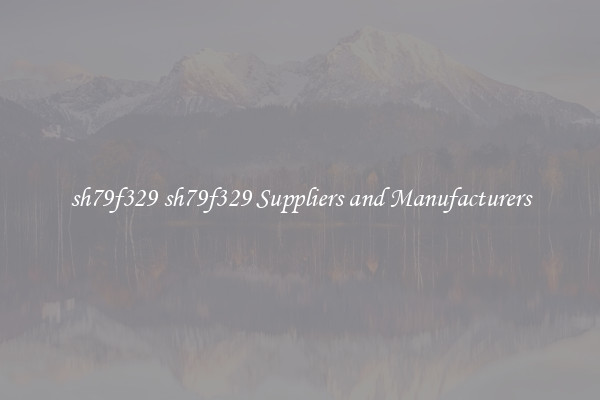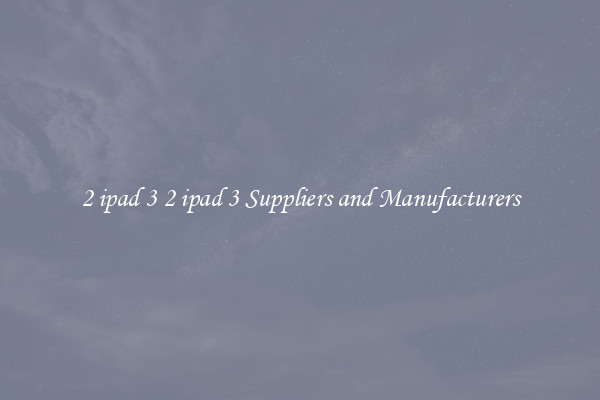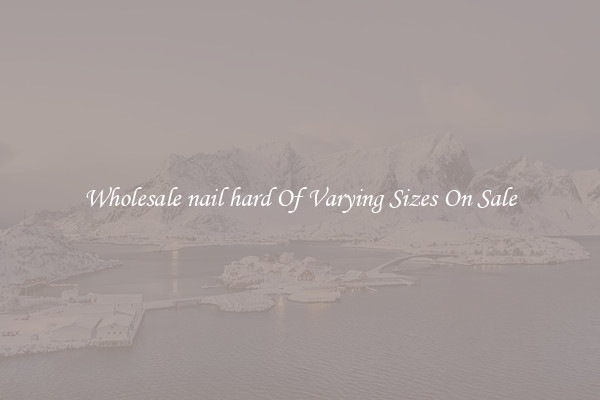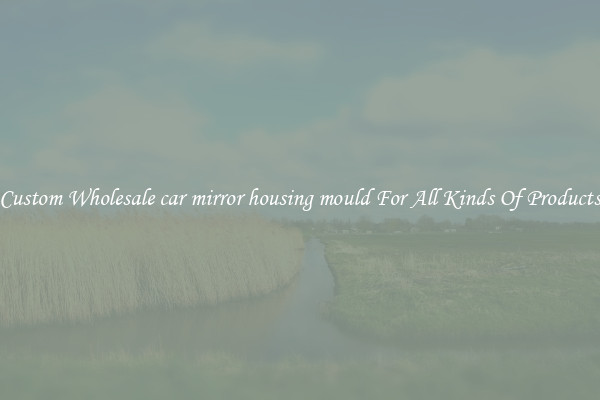muslim manufacturers, muslim manufacturers Suppliers and Manufacturers
Muslim Manufacturers: A Rising Force in the Global Market
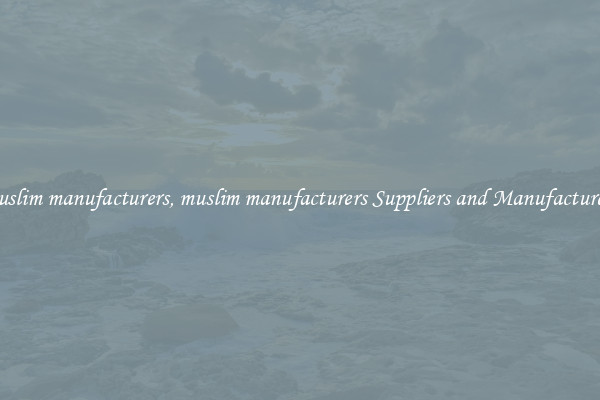
In recent years, Muslim manufacturers have emerged as a significant player in the global market. With a population of over 1.8 billion, Islam is the second-largest religion in the world, and this has translated into an increasing demand for products that cater to the needs and preferences of Muslim consumers. As a result, Muslim manufacturers, suppliers, and distributors have risen to the occasion to meet this demand, carving out their niche in various industries.
One of the key strengths of Muslim manufacturers is their adherence to Islamic principles, such as halal manufacturing practices. Halal refers to products that are suitable to be consumed or used by Muslims, adhering to specific guidelines laid out in the Quran. This includes the choice of ingredients, manufacturing processes, and even packaging. From halal food and beverages to halal cosmetics and personal care products, Muslim manufacturers have focused on ensuring that their product lines meet the halal requirements, thereby attracting a large Muslim customer base.
In addition to halal certification, Muslim manufacturers also emphasize ethical and sustainable manufacturing practices. Islam places great emphasis on social and environmental responsibility, and this ethos is reflected in the manufacturing processes of Muslim manufacturers. They ensure fair wages and safe working conditions for their employees, minimize waste generation, and utilize renewable energy sources wherever possible. This commitment to ethical production resonates strongly with consumers who prioritize sustainability, giving Muslim manufacturers a competitive edge.
Moreover, the rise of e-commerce has further bolstered the presence of Muslim manufacturers in the global market. With the ease of online shopping, Muslim manufacturers and suppliers can now reach customers beyond their local communities. Online marketplaces, specialized Islamic e-commerce platforms, and social media have provided Muslim manufacturers with access to a wider consumer base, enabling them to export their products to different regions and countries.
The growth of Muslim manufacturers has also prompted collaborations and partnerships with non-Muslim companies. Recognizing the potential of the Muslim market, many non-Muslim manufacturers have sought to tap into this lucrative segment by partnering with Muslim manufacturers to produce halal-certified products. This collaboration not only enables non-Muslim manufacturers to expand their market but also benefits Muslim manufacturers by leveraging the expertise and resources of established brands.
In conclusion, the rise of Muslim manufacturers has been a game-changer in the global market. With their focus on halal certification, ethical manufacturing practices, and expanding their reach through e-commerce, Muslim manufacturers have successfully carved out a niche in various industries. As the Muslim population continues to grow, the demand for halal products is expected to rise even further, providing Muslim manufacturers with ample opportunities to thrive and contribute to the global economy.
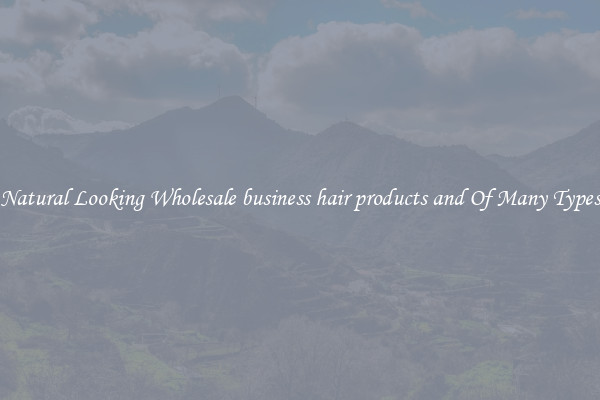
View details

View details

View details

View details

